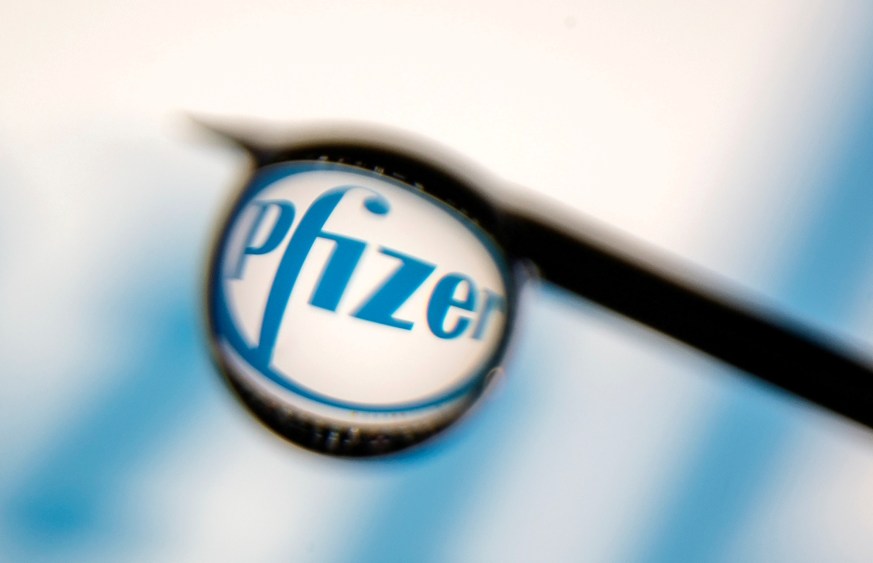Here’s the latest COVID-19 news for Tuesday. Pfizer announced it had submitted research data to the Food and Drug Administration for emergency use approval to vaccinate kids 5-11 years old. One the same day, Japan announced its State of Emergency would end this week.
Pfizer reported the results of the new vaccine data last week. “The safety profile and immunogenicity data in children aged 5 to 11 years vaccinated at a lower dose are consistent with those we have observed with our vaccine in other older populations at a higher dose,” Dr. Ugur Sahin, CEO and co-founder of BioNTech, said.
The submission of data puts Pfizer closer to becoming the first company to have its vaccine available to kids younger than 12 years old in the United States. The Pfizer vaccine is also the only one that can be used for booster shots in the U.S.
Moderna, also is collecting data on how its vaccine affects elementary school-aged children. Results are expected later in the year.
Meanwhile, Japanese Prime Minister Yoshihide Suga announced the restrictions put in place during Japan’s current COVID-19 State of Emergency would be lifted Thursday.
“As vaccination progresses at a rapid pace, by controlling situations where the risk of infection is high, the number of infected people has decreased significantly. In addition, vaccination and neutralizing antibody drugs can prevent severely ill cases” Prime Minister Suga said. “From now on, the battle with COVID-19 will enter a new stage.”
As part of that new stage, Suga said government officials are instituting plans such as vaccine passports and virus tests.
Japan’s current State of Emergency, declared in April, was repeatedly extended and expanded. It has mainly involved requests for restaurants and bars to reduce their hours and not serve alcohol. Governors in Tokyo, Osaka, Hyogo and Kyoto have said they plan to keep those requests in place while closely monitoring the virus situation.
The State of Emergency most notably affected the Tokyo Olympics, as fans were not allowed to attend. Despite this, infections started to worsen after the Olympics. Cases in Tokyo alone surged to over 5,000 per day, with daily cases topping 25,000 nationwide. Thousands of patients unable to find hospital beds had to recover from the illness at home.
Olympics and government officials deny the Games directly caused the surge. However, experts say the Games were indirectly responsible.
 FILE PHOTO: FILE PHOTO: Pfizer logo is reflected in a drop on a syringe needle in this illustration photo taken March 16, 2021. Picture taken March 16, 2021. REUTERS/Dado Ruvic/Illustration/File Photo/File Photo
FILE PHOTO: FILE PHOTO: Pfizer logo is reflected in a drop on a syringe needle in this illustration photo taken March 16, 2021. Picture taken March 16, 2021. REUTERS/Dado Ruvic/Illustration/File Photo/File Photo